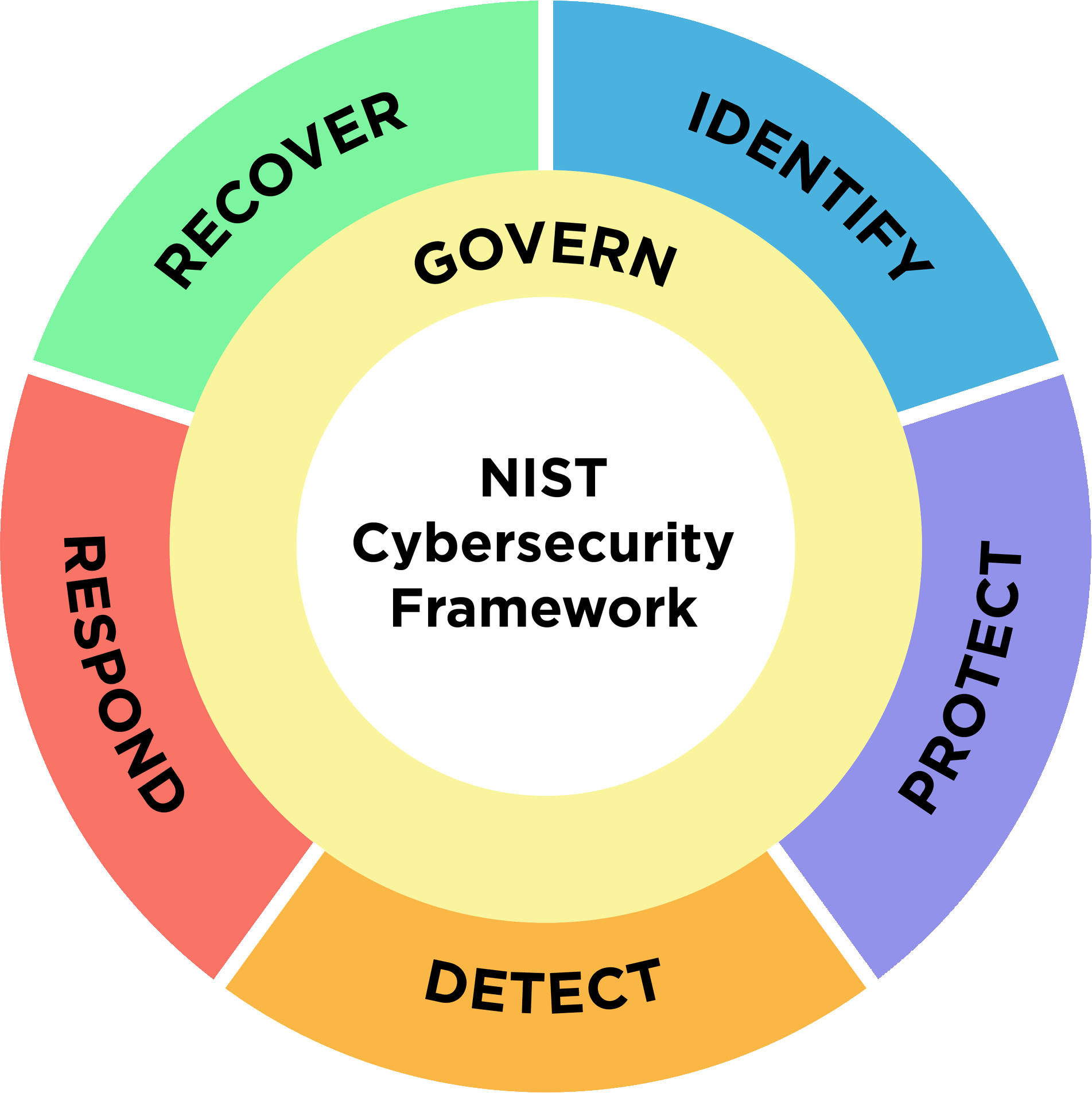 Program Overview
Program Overview
The Cybersecurity: Network and Systems Security Administration program provides a course of study that prepares students to implement and administer a secure Information Technology (IT) environment. As a significant upgrade to the traditional IT Administrator role, it is foundational to further study in the cybersecurity field. This program focuses on the requisite Knowledge, Skills, and Abilities (KSAs) to securely maintain Microsoft Systems and Cisco networks, including the ability to learn and manage other vendor platforms.
CS Cybersecurity Certificate and AS Degree
The Cybersecurity: Network and Systems Security Administration Certificate or AS Degree of Achievement provides a course of study that prepares students to implement and administer a secure Information Technology (IT) environment. As a significant upgrade to the traditional IT Administrator role, it is foundational to further study in the cybersecurity field. This certificate focuses on the requisite Knowledge, Skills, and Abilities (KSAs) to securely maintain Microsoft Systems and Cisco networks, including the ability to learn and manage other vendor platforms.
Program Student Learning Outcomes
Upon successful completion of this program, the student will be able to:
- Demonstrate ability to work as a team member in an information technology group which designs, evaluates, tests, installs and maintains corporate computer systems and networks.
- Communicate clearly and professionally as an Information Technology (IT) professional, in written and verbal formats.
- Apply basic knowledge of secure computer networks and systems in assisting individuals and organizations with IT services and solutions.
» Learn more about the CS Cybersecurity Certificate requirements
» Learn more about the CS Cybersecurity AS Degree requirements

Why Should Students Take This Program
The Network and Systems Security Administration major provides a course of study that prepares students to implement and administer a secure Information Technology (IT) environment. It is also a significant upgrade to the traditional IT Administrator role and is foundational to further study in the Cyber Security field. This major focuses on the requisite Knowledge, Skills and Abilities (KSAs) to securely maintain computer systems and Cisco networks, but with the ability also learn and manage other vendor platforms. In addition, the courses in this is degree map to the following, or similar, professional certifications:
- CompTIA Security+
- CompTIA Project+
- Cisco Certified Networking Associate (CCNA) in Routing and Switching
- Cisco CCNA in Cyber Ops
- EC Council Certified Ethical Hacker (CEH)
- Linux Professional Institute LPIC-1
- Python Institute PCEP and PCAP
- Palo Alto Networks PCCET
- Google Cloud Certification
Beyond
As a community college, we develop two-year CTE programs to prepare students for the workforce. Our programs also assist incumbent workers to advance and improve their KSAs, thereby allowing them to increase their earning potential. The NSSA program certainly does this.
What we often do not up-front communicate to our students is just how rigorous and time-consuming some programs are, AND just how worthwhile is the commitment to those programs. The NSSA program certainly is this.
New students may initially be surprised at the “lack” of cyber security related courses in the program. That perceived “lack” is only a result of not understanding 1. the importance of knowing what you are securing and 2. when learning Networking and Operating Systems (OS) you will learn about securing them at the same time.
In addition to being ready for entry-level positions, the NSSA program lays the foundation for a variety of cyber security career options the students may pursue afterwards. Students will have to garner a few years of experience and take additional trainings to delve deep into specific cyber careers.
Note: The Project Management for IT Professionals course in the series, CS 84.26, is the program capstone and serves to help students develop and expand their resumes with relevant and practical experience. This is accomplished by having the students complete a project, of their own choice, such as: building an application and deploying virtual machines in a Cloud infrastructure, securing a network in a Cloud infrastructure, designing and configuring a secure network, exposing and then mitigating security weaknesses in other students’ projects. These projects will “live on” after the course and program, allowing the students to use them during interviews and in their resumes, as real work experience examples. Students can and should continue to add to these projects throughout their careers.
There are some advanced degrees in cyber security, the best of them require a BA or BS in Computer Science. My favorite is the Naval Postgraduate School’s Information Sciences department, https://nps.edu/web/is. The school and program are both open to civilians. One of our department colleague’s son attended and started his career at a salary higher than dad’s, who had been here over 25 years! Other advanced educational options can be found through Scholarship for Service programs. See https://sfs.opm.gov/.
Private sector training is expensive but also effective. The best is from SANS. See https://www.sans.org/. Two of my previous students asked me, what do I do next? I suggested SANS and they took a course, found they could get scholarships and completed a track there. They were both “head-hunted” and landed fantastic jobs.
I also recommend SANS cyber security roadmap to help students understand the sequence of KSAs to build and to see and explore some of the subspecialties. See https://www.sans.org/cyber-security-skills-roadmap/. The NSSA program encompasses many of the introductory and intermediate courses listed above at a fraction of the cost!
Contact Information
Cybersecurity Program
Computer Studies Department
Michael McKeever
Cybersecurity Lead Faculty
mmckeever@santarosa.edu
(707) 778-3960
Call Building PC 679 / Petaluma
Online Resources